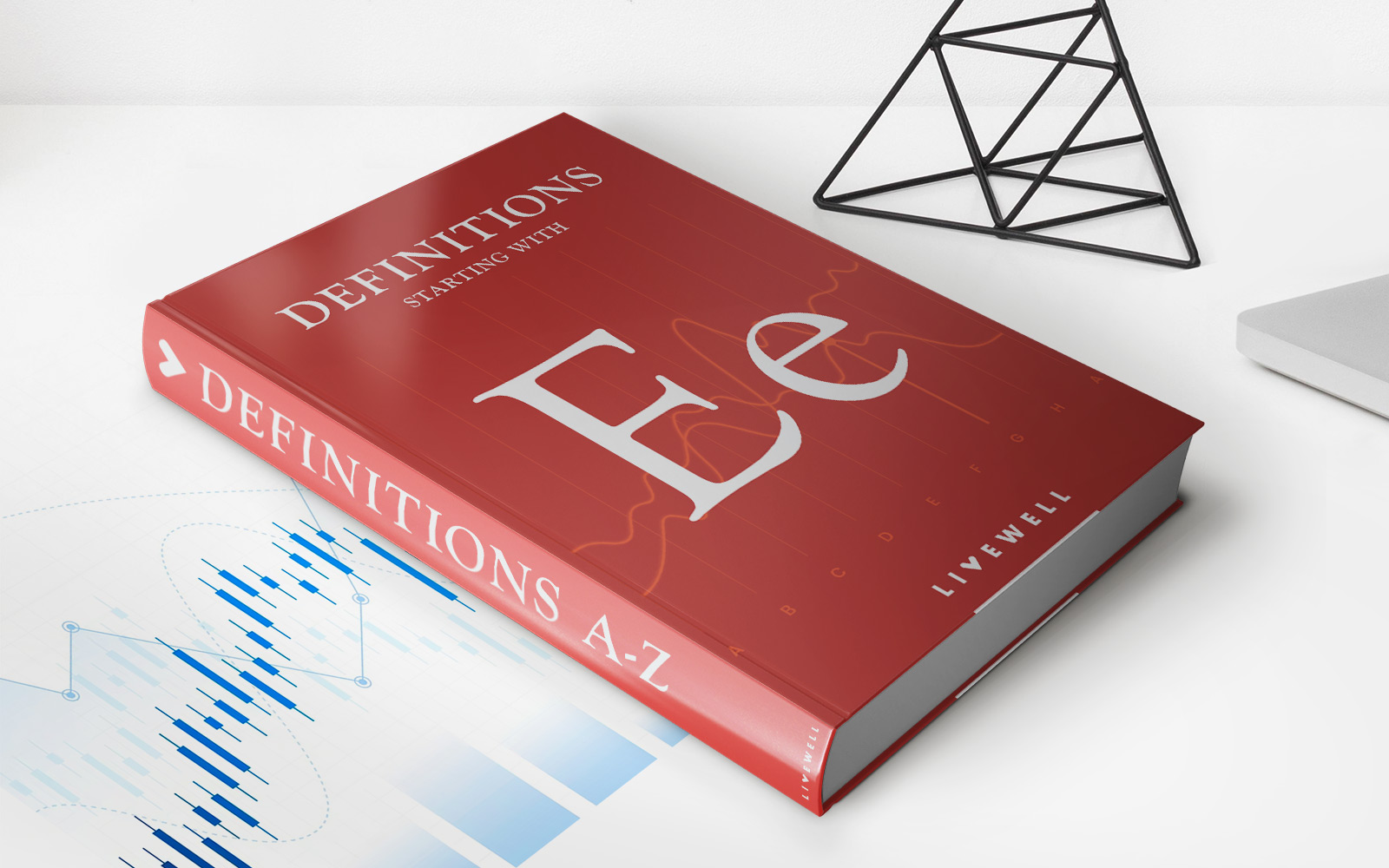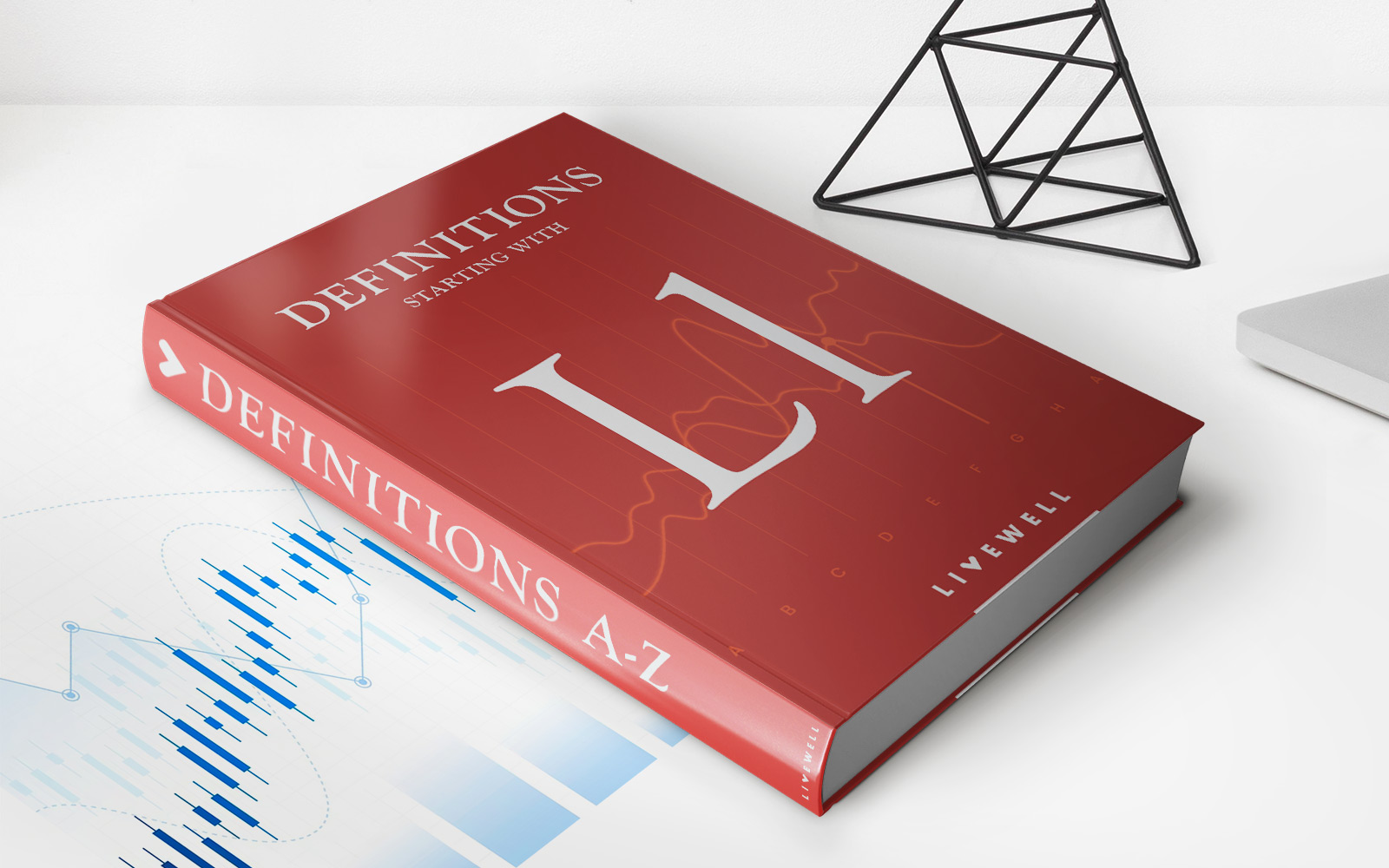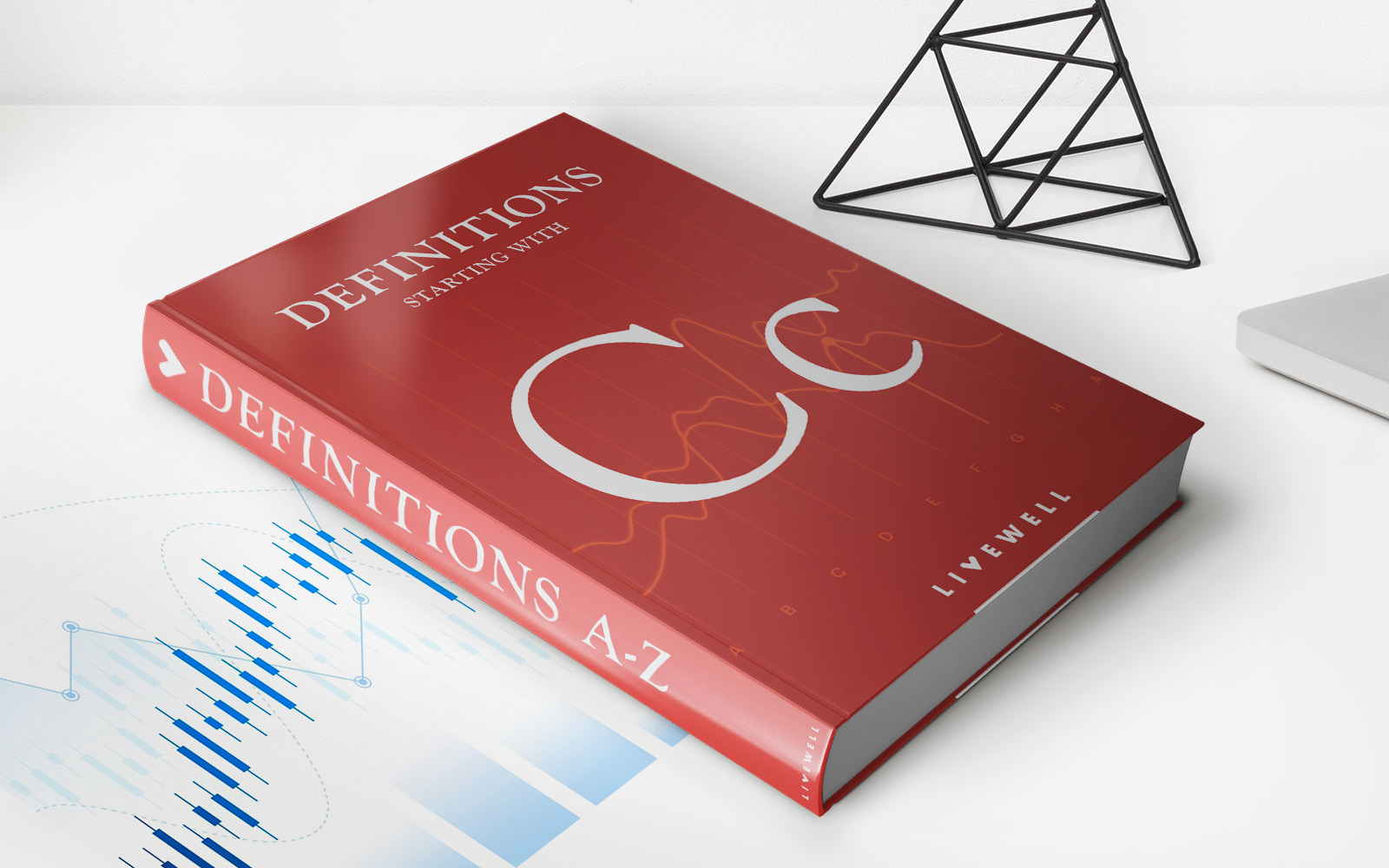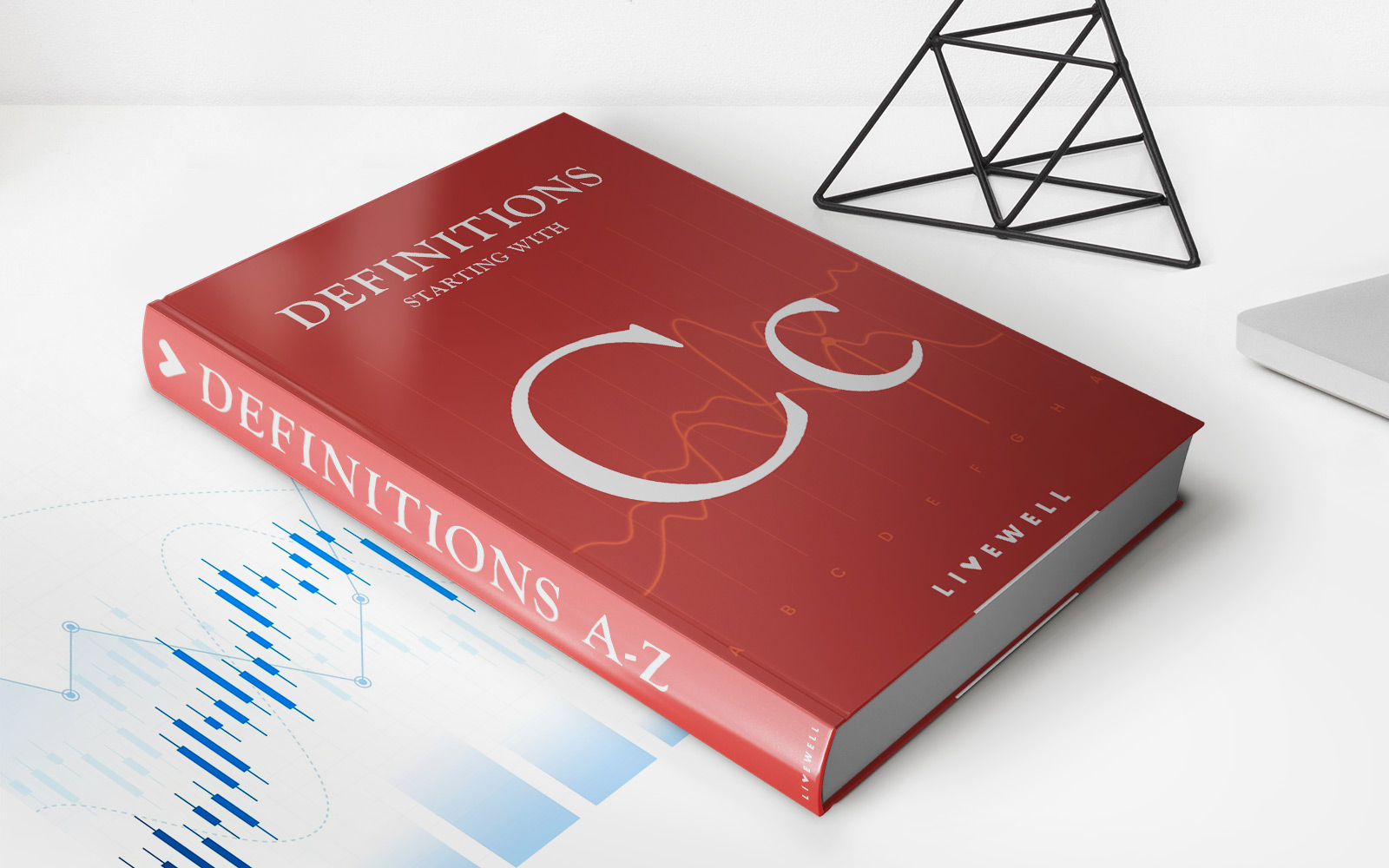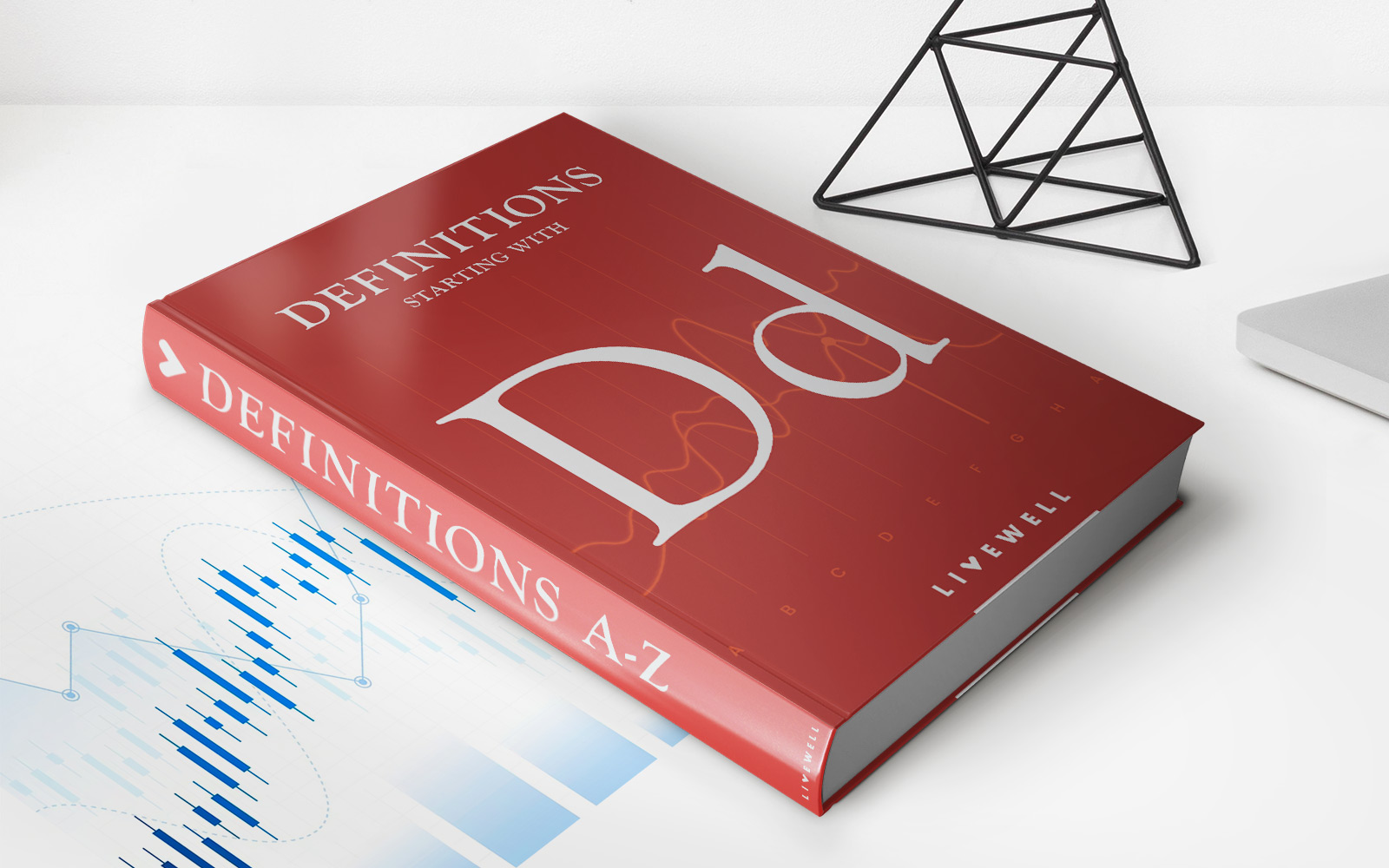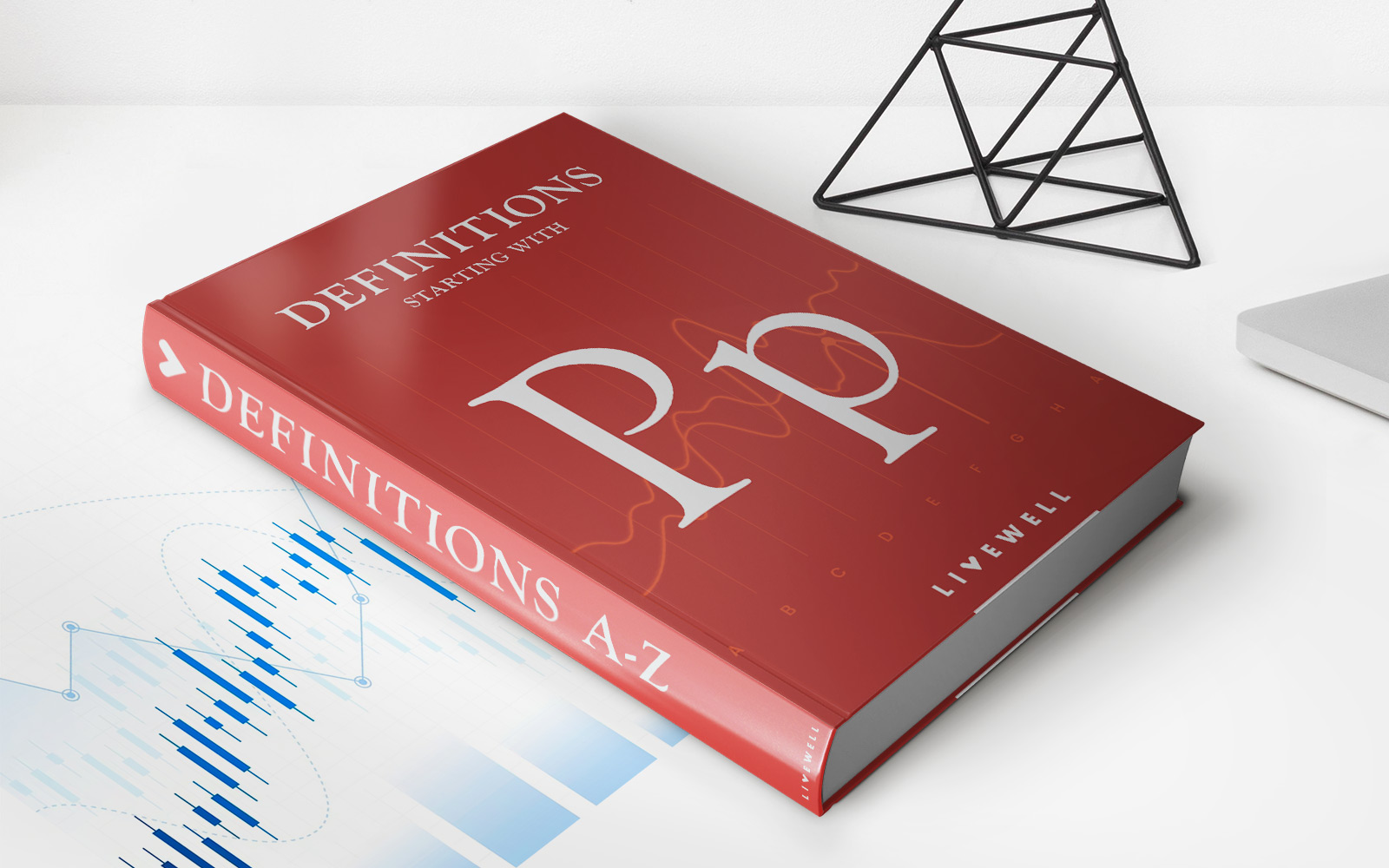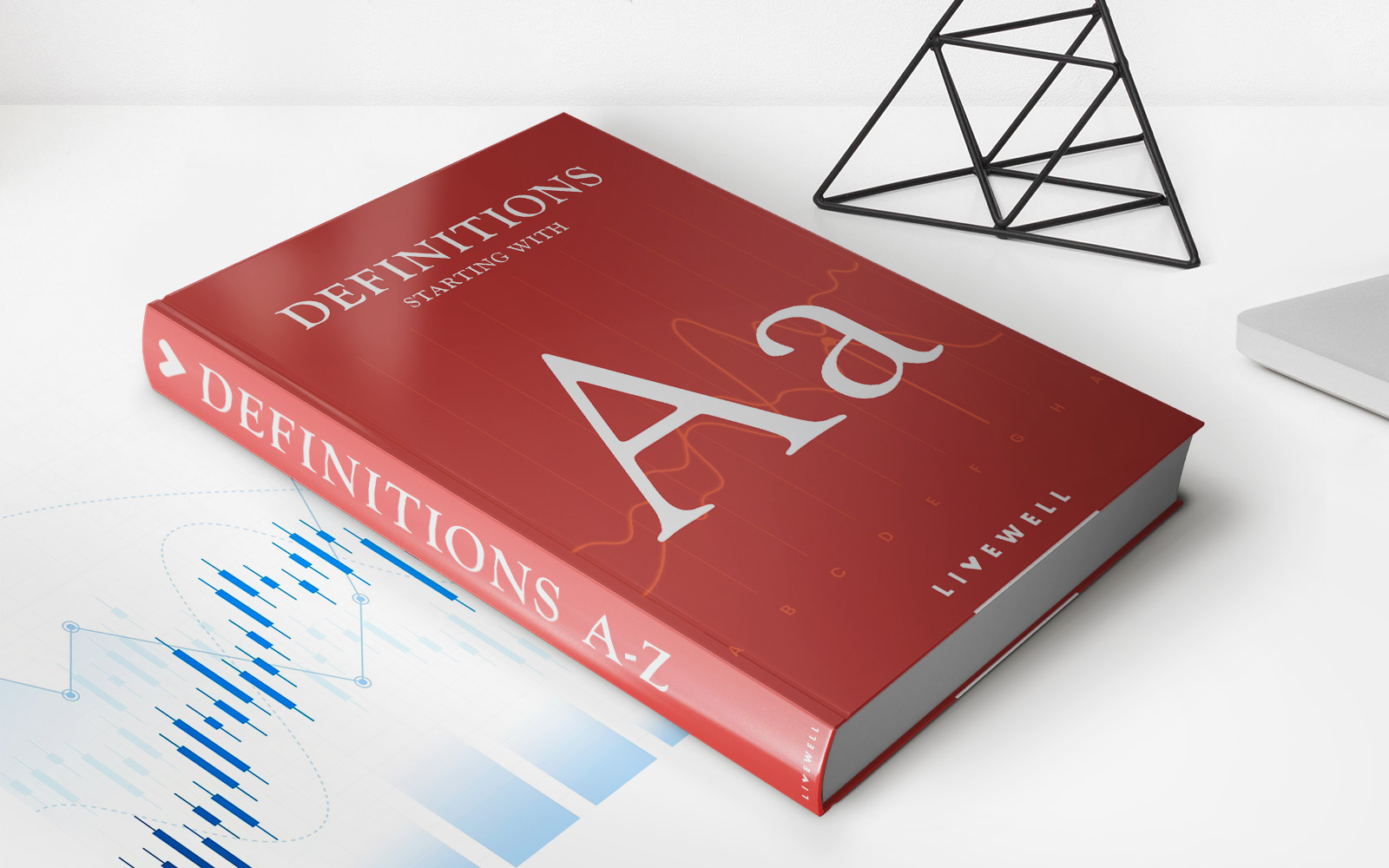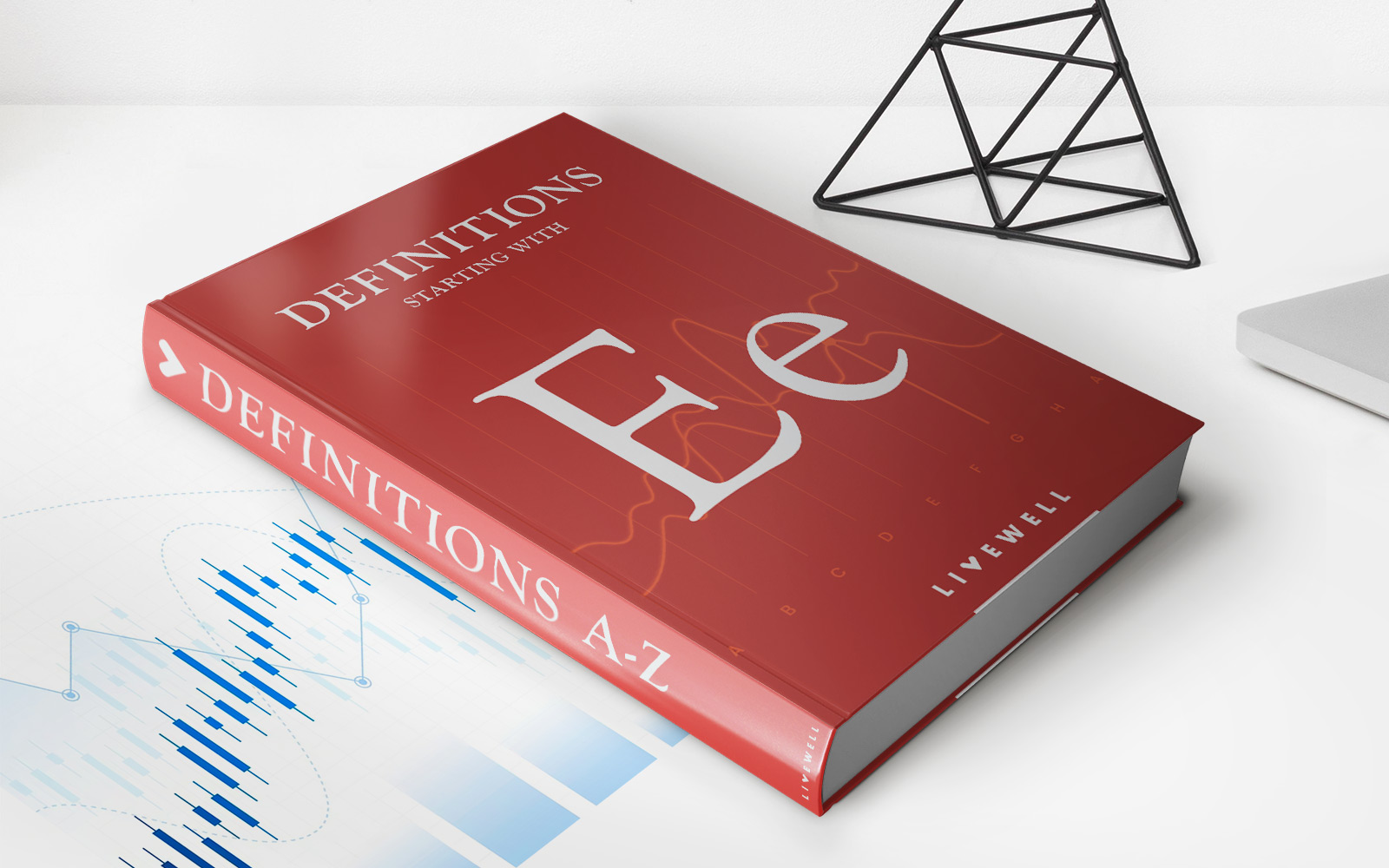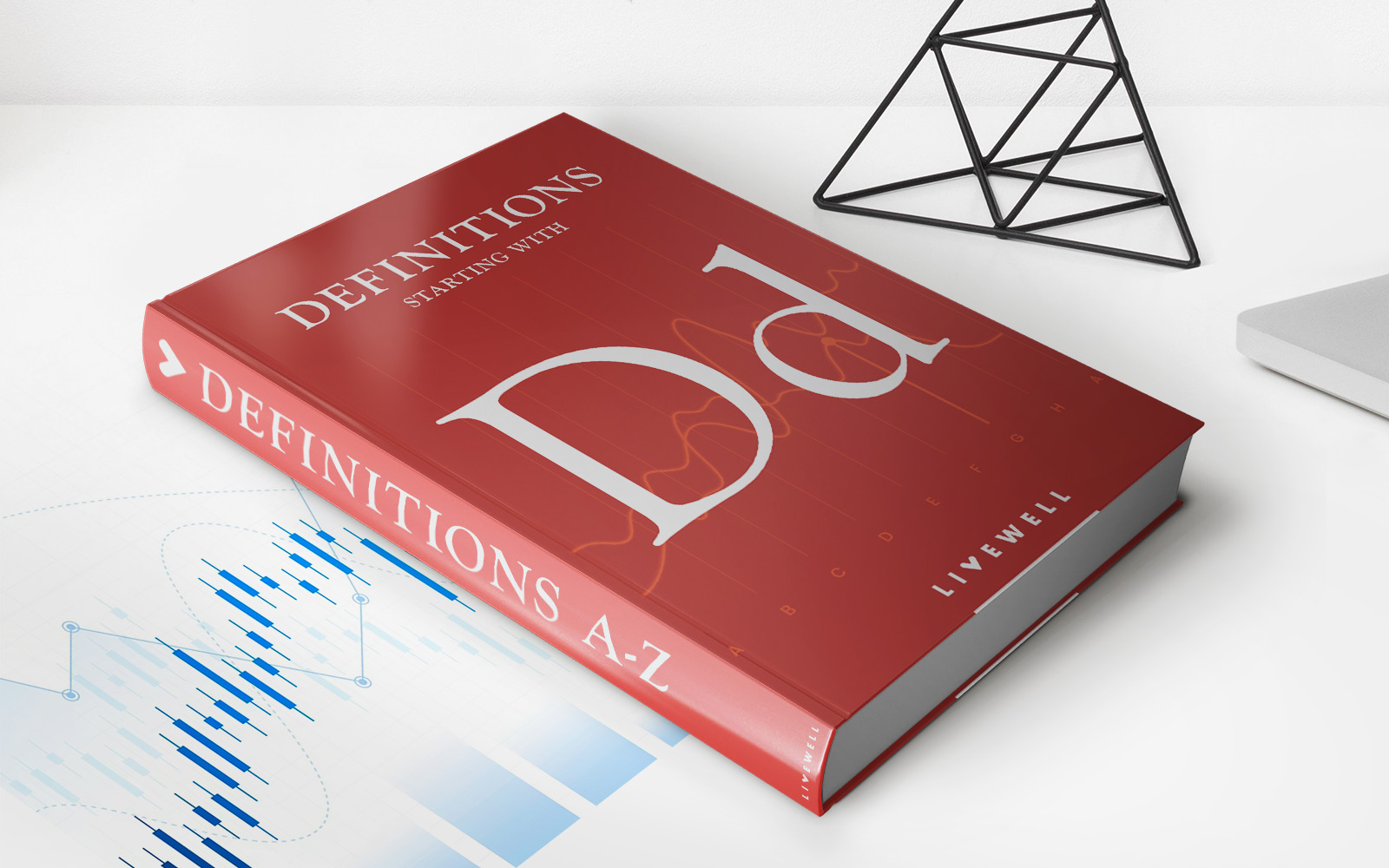Home>Finance>Dividend Enhanced Convertible Stock (DECS) Definition
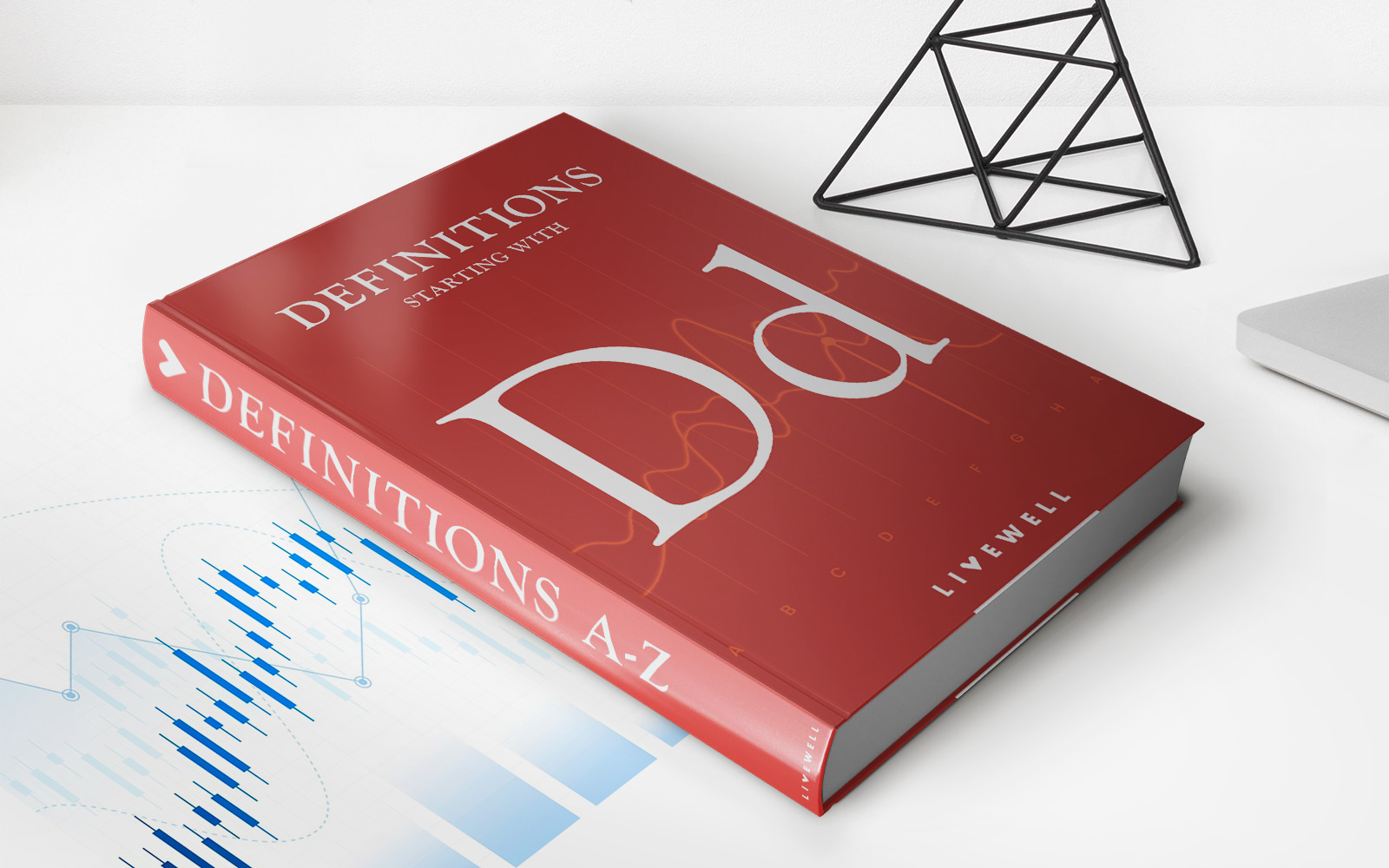

Finance
Dividend Enhanced Convertible Stock (DECS) Definition
Published: November 13, 2023
Learn what Dividend Enhanced Convertible Stock (DECS) means in finance and how it can benefit investors. Find out more about this investment option.
(Many of the links in this article redirect to a specific reviewed product. Your purchase of these products through affiliate links helps to generate commission for LiveWell, at no extra cost. Learn more)
Understanding Dividend Enhanced Convertible Stock (DECS) Definition
When it comes to finance, there are countless concepts and terms to understand. One of those concepts is Dividend Enhanced Convertible Stock (DECS). If you’re new to the world of finance or simply looking to expand your knowledge, you’ve come to the right place. In this blog post, we will dive into the definition of DECS, how they work, and their significance in the financial market.
Key Takeaways:
- Dividend Enhanced Convertible Stock (DECS) is a type of investment that combines the features of both convertible bonds and preferred stock.
- DECS offer investors the potential for capital appreciation, regular dividend payments, and the ability to convert their shares into common stock.
What is Dividend Enhanced Convertible Stock?
Dividend Enhanced Convertible Stock (DECS) is a financial instrument that combines the features of both convertible bonds and preferred stock. It is typically issued by companies as a way to raise capital. DECS offer investors the potential for both capital appreciation and regular dividend payments, making them an attractive investment option for many.
DECS are structured in a way that allows investors to convert their shares into common stock at a predetermined price. This conversion feature provides investors with the opportunity to benefit from potential increases in the company’s stock price. It also offers them the flexibility to choose whether to hold onto the DECS or convert them into common shares, depending on their investment goals and market conditions.
One of the key features of DECS is the enhanced dividend payment, which distinguishes them from traditional convertible securities. DECS typically pay a higher dividend rate compared to common stock, making them an appealing choice for income-seeking investors. Additionally, these dividends are often cumulative, meaning that if a company does not pay dividends in a particular period, they will accrue and be paid out in the future.
Significance in the Financial Market
Dividend Enhanced Convertible Stock plays a significant role in the financial market for both investors and companies. For investors, DECS offer a unique investment opportunity that provides the potential for both income and capital appreciation. Diversifying one’s portfolio with DECS can help balance risk and reward, as they offer the benefits of both bond-like income and stock-like growth potential.
For companies, issuing DECS can be an effective way to raise capital. By issuing DECS instead of traditional bonds or preferred stock, companies can attract investors who are seeking additional income and potential capital gains. This not only helps fund the company’s operations or expansion plans but also helps improve its overall financial position.
In Conclusion
Understanding the definition of Dividend Enhanced Convertible Stock (DECS) is essential for anyone interested in finance. DECS offer investors the unique combination of regular dividend payments and the potential for capital appreciation through conversion into common stock. They have a significant role in the financial market, providing alternative investment opportunities for income-seeking investors and a capital-raising tool for companies.
If you’re considering investing in DECS, make sure to consult with a financial advisor who can guide you through the process and help you make informed decisions that align with your financial goals and risk tolerance.
